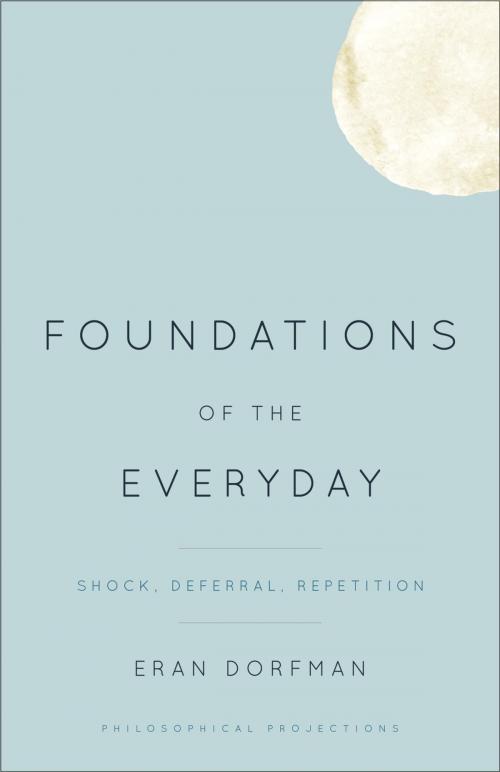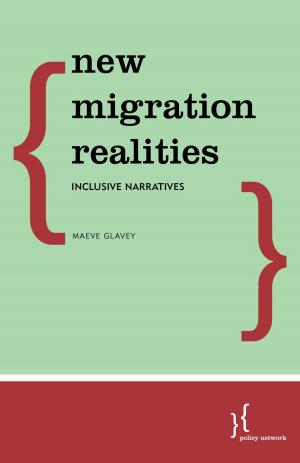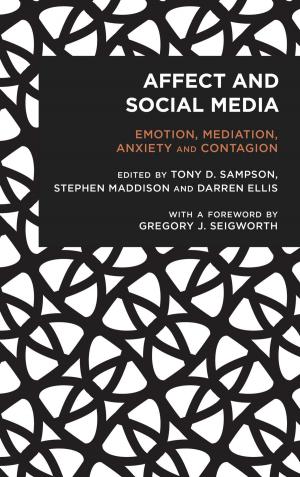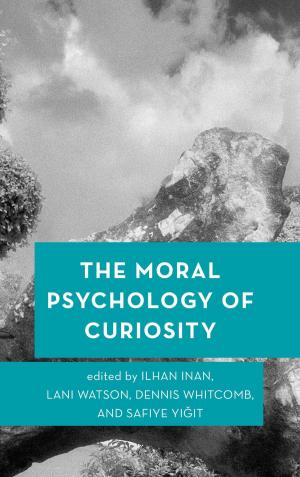Foundations of the Everyday
Shock, Deferral, Repetition
Nonfiction, Religion & Spirituality, Philosophy, Phenomenology, Aesthetics| Author: | Eran Dorfman | ISBN: | 9781783480517 |
| Publisher: | Rowman & Littlefield International | Publication: | June 4, 2014 |
| Imprint: | Rowman & Littlefield International | Language: | English |
| Author: | Eran Dorfman |
| ISBN: | 9781783480517 |
| Publisher: | Rowman & Littlefield International |
| Publication: | June 4, 2014 |
| Imprint: | Rowman & Littlefield International |
| Language: | English |
We are used to seeing the everyday as an ordinary aspect of life, something that we need to "overcome"; whereas it actually plays a crucial role in any event of our lives. This highly original book engages with a range of thinkers and texts from across the fields of phenomenology, psychoanalysis and critical theory, including Husserl, Heidegger, Merleau-Ponty, Freud and Benjamin, together with innovative analysis of French literature and the visual arts, to demonstrate that the role of repetition and deferral in modernity has changed dramatically. Rather than allowing the everyday gradually to integrate singular events into its repetitive texture, events are experienced now as self-enclosed entities, allegedly disconnected from the everyday, leading to its impoverishment. The book thus offers a novel understanding of being, body, trauma and shock, but within the framework of the everyday as a concept that deserves a theory of its very own.
We are used to seeing the everyday as an ordinary aspect of life, something that we need to "overcome"; whereas it actually plays a crucial role in any event of our lives. This highly original book engages with a range of thinkers and texts from across the fields of phenomenology, psychoanalysis and critical theory, including Husserl, Heidegger, Merleau-Ponty, Freud and Benjamin, together with innovative analysis of French literature and the visual arts, to demonstrate that the role of repetition and deferral in modernity has changed dramatically. Rather than allowing the everyday gradually to integrate singular events into its repetitive texture, events are experienced now as self-enclosed entities, allegedly disconnected from the everyday, leading to its impoverishment. The book thus offers a novel understanding of being, body, trauma and shock, but within the framework of the everyday as a concept that deserves a theory of its very own.















